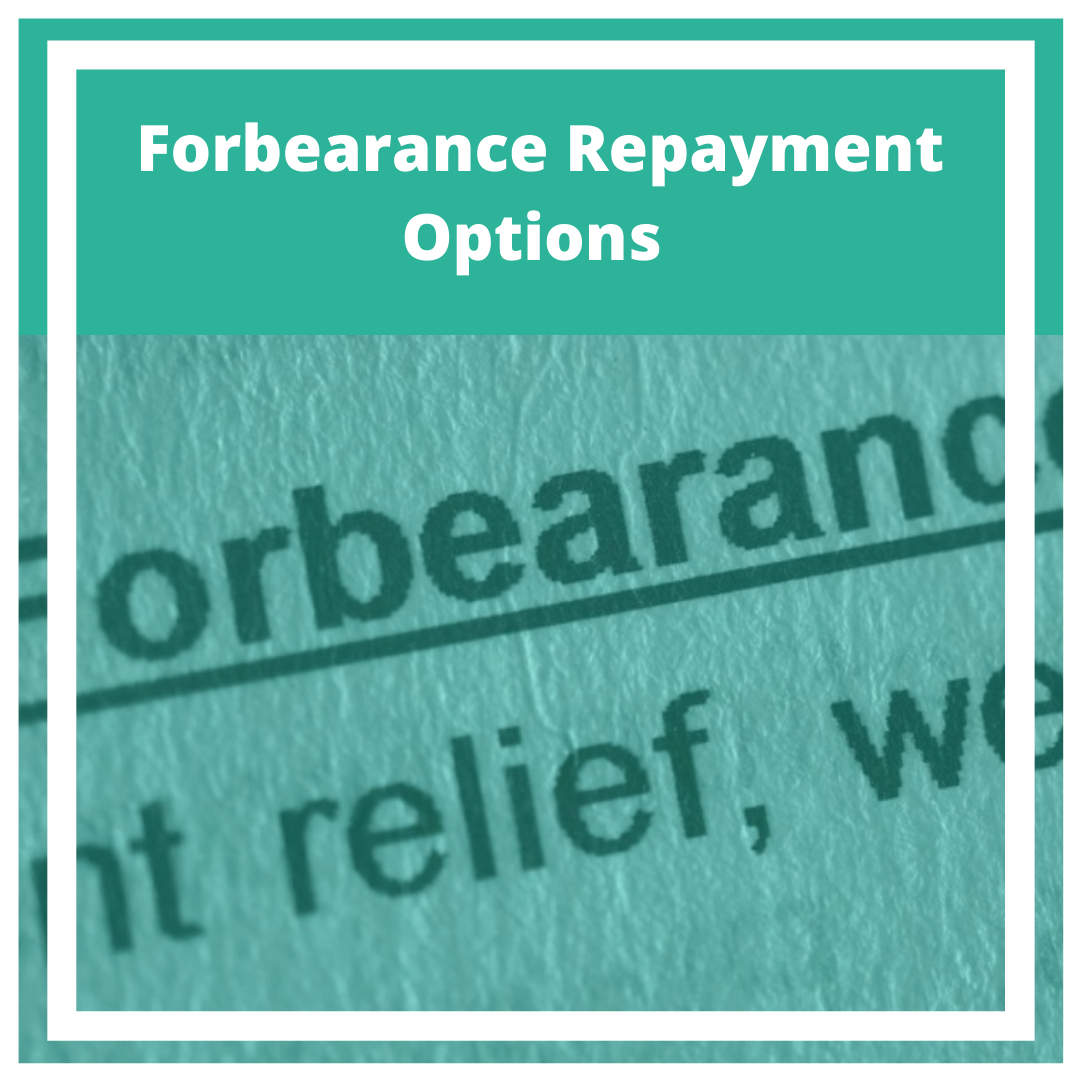Loans for Fix and Flip properties
Flipping a house may be a way to earn a profit in a relatively short period of time. You may be able to buy a house that needs work at a low price, make some improvements and sell it for significantly more than what you paid for it.
If you want to flip a house, consider all the associated costs. You will have to buy a house and pay for renovations, as well as utilities, homeowners insurance and property taxes until you sell the house. If the project takes longer than anticipated, those costs will eat into your profit. You may also have to pay a significant chunk of your profit in taxes.
Is Borrowing Money to Flip a House a Good Idea?
If you don’t have enough money to buy a house out of pocket, you may be able to get a mortgage. It will be more difficult to get financing for a house you plan to flip than for a house you plan to live in, and the loan you get may have a high interest rate and fees.
The amount of money you will be eligible to borrow will be based on the anticipated value of the house after the repairs you plan to make. If you factor in the purchase price, closing costs, fees, interest, renovation costs, carrying costs and expenses related to the sale of the property, you may or may not be able to fully finance the project with a short-term mortgage.
How Can You Get Financing?
Conventional lenders must follow guidelines related to the condition of a property when deciding whether to grant a mortgage. You may be unable to get a conventional mortgage for a property that needs a lot of work, but you may be able to secure financing through another source.
A hard money loan typically has a term of less than a year, a higher interest rate than a conventional mortgage for a residence and points, which are 1 percent of the amount borrowed. In some cases, you may pay points when the house sells, not at closing.
A hard money lender will not be concerned with your credit score, debt-to-income ratio or the source of your down payment. Many lenders will only work with people who have successfully flipped at least one house and may offer lower interest rates to borrowers who have earned profits flipping multiple houses.
A private lender may offer you a better interest rate and terms than a hard money lender. A private lender may be a friend or family member, another individual or a company willing to loan you money. Some private lenders act as a partner in a flipping deal and don’t charge interest on a loan. Before working with a private lender you don’t know, contact other house flippers to ask about their experiences with that lender.
Another option is to borrow money from a crowdfunding site. You may be able to get loan terms similar to those hard lenders offer.







